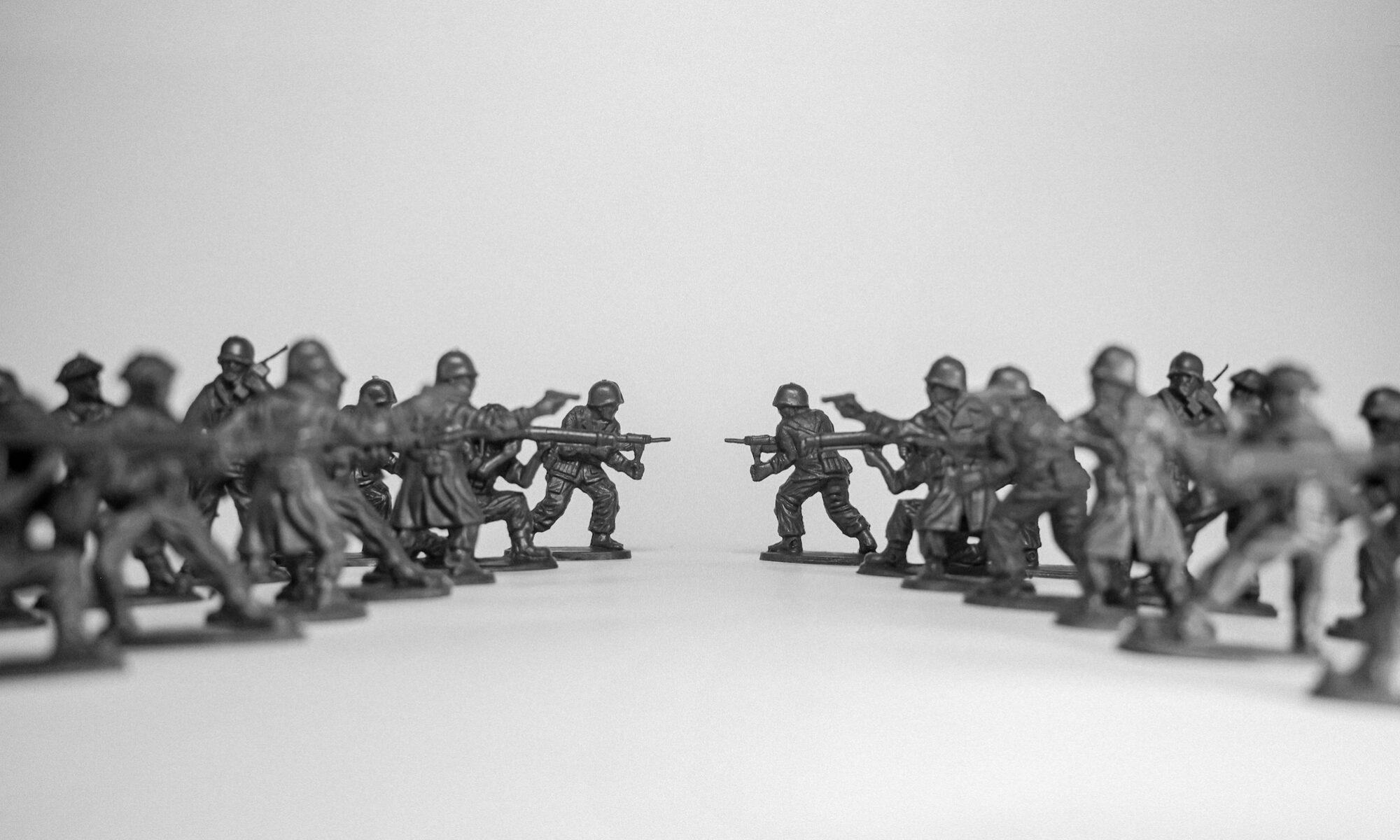There’s indeed been some wild trials as of late. Allow us to briefly identify a few legal cases prior to today’s primary point…
First, from Norfolk Superior Court in Dedham, Massachusetts, a small town located on Boston’s southwestern border…
Karen Read is on trial for the 2022 death of her boyfriend, Boston police officer John O’Keefe, who was found dead in the snow outside a home in Canton, Massachusetts. Read is accused of intentionally striking O’Keefe with her SUV after a night of drinking, and then leaving him there to die in the freezing cold. She faces charges of second-degree murder, manslaughter while operating under the influence, and leaving the scene of a fatal accident. Her first trial in 2024 ended in a hung jury, and a retrial began last month. Note that some of the evidence is indeed contentious (and societally noteworthy), including a Google search regarding “how long to die in cold” and when exactly it was made that night. Was it genuine concern or a dreadful conspiracy?
Next from New York City and the New York Court of Appeals…
The retrial of Harvey Weinstein has begun. With his 2020 conviction overturned, the court is hearing new charges against the previously highly successful American film producer. He is charged with multiple rape and other sex crimes. Over 100 women have accused Weinstein of being sexually harassed or assaulted, many who are well know actresses. What makes Weinstein’s case seemingly significant is that he socialized with many Hollywood A-listers and politicians, particularly within the Democratic Party. Most have denounced him; he has also denied all charges. Significant also in this retrial is that the cultural moment has shifted since his conviction, with the #metoo movement having evolved from its original momentum and zeal.
And lastly, from the Royal Courts of Justice in central London…
Attempting to overturn a 2020 decision by the UK government, Prince Harry, Duke of Sussex, lost a legal challenge denying him automatic, taxpayer-funded protection. His security was downgraded after he made the decision to stop being a working royal and moved to the US. (Apparently, he wanted to keep a few things.) Judge Sir Geoffrey Vos ruled that while Harry’s safety concerns were both “powerful and moving,” Harry’s “sense of grievance” did not “translate into a legal argument.” In response, the former royal gave a reportedly surprise, lengthy interview to the BBC, in which he said he was “devastated” after losing the decision.
One of the things I oft find interesting is how we as a public react to prominent trials and legal scenarios. The bottom line is this: we have an opinion.
How profound, right?
… O.J. Simpson… Casey Anthony… Derek Chauvin… Bill Cosby… Jussie Smollett… Martha Stewart… Donald Trump… Bill Clinton… the guilty and the not…
We have an opinion. And let us be clear; there is nothing wrong with having an opinion. It is completely ok to think something’s right, wrong or somewhere in between. It’s completely ok to think he/she did it or did not… he/she deserves it or does not.
The challenge within our opinion is the certainty which accompanies our conviction. In other words, the “I know he did it!”… “I know he did not!” And just like that we forget one of the most important realities that the decade of media-and-cameras-everywhere often, so ostentatiously obscures…
We weren’t there.
We weren’t there when the impetus for the legal case happened. Our opinion is based on what other people saw and said. Maybe they have bias. Maybe they have a skewed perspective. Maybe it’s skewed for reasons unknown to them. Maybe some other experience has shaped how they relayed what they saw and said.
Our vantage point is most always limited. Such is wise to remember. It should also impact and alter how we express our opinion.
Respectfully…
AR
